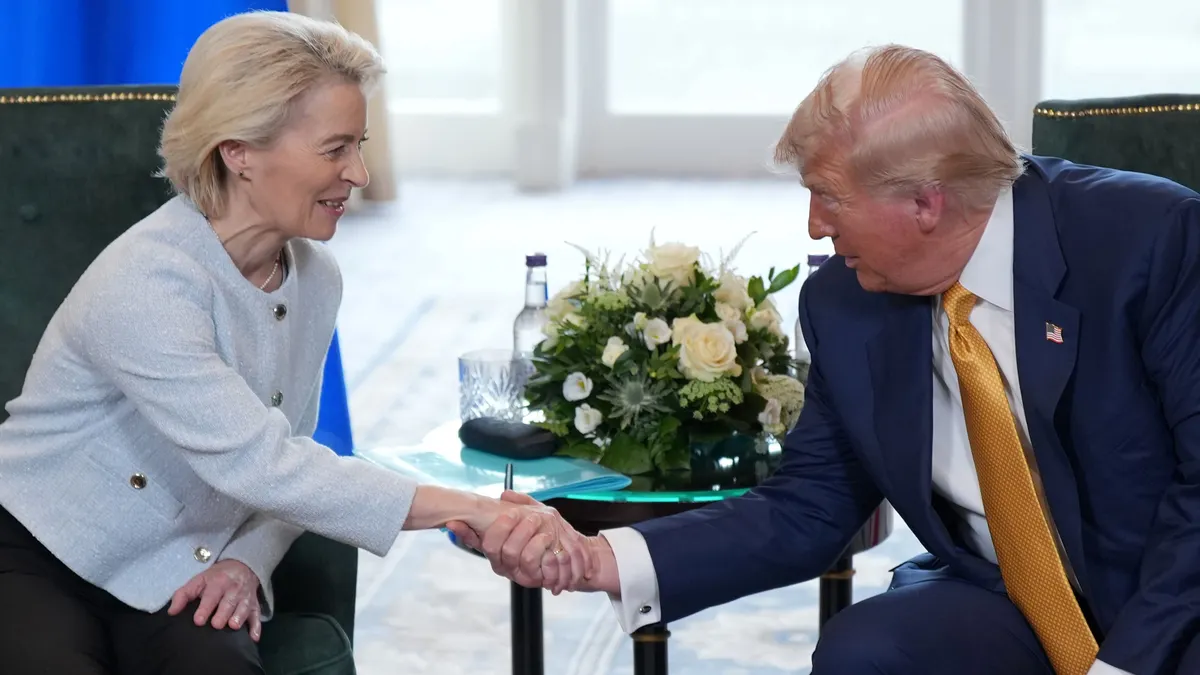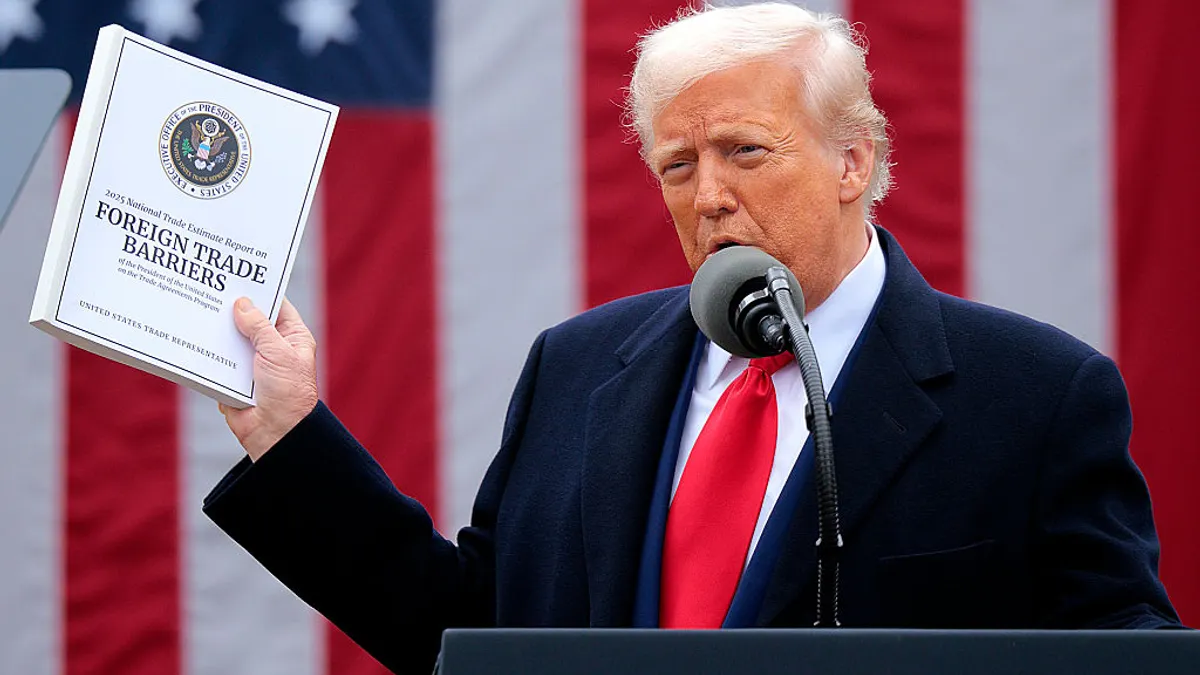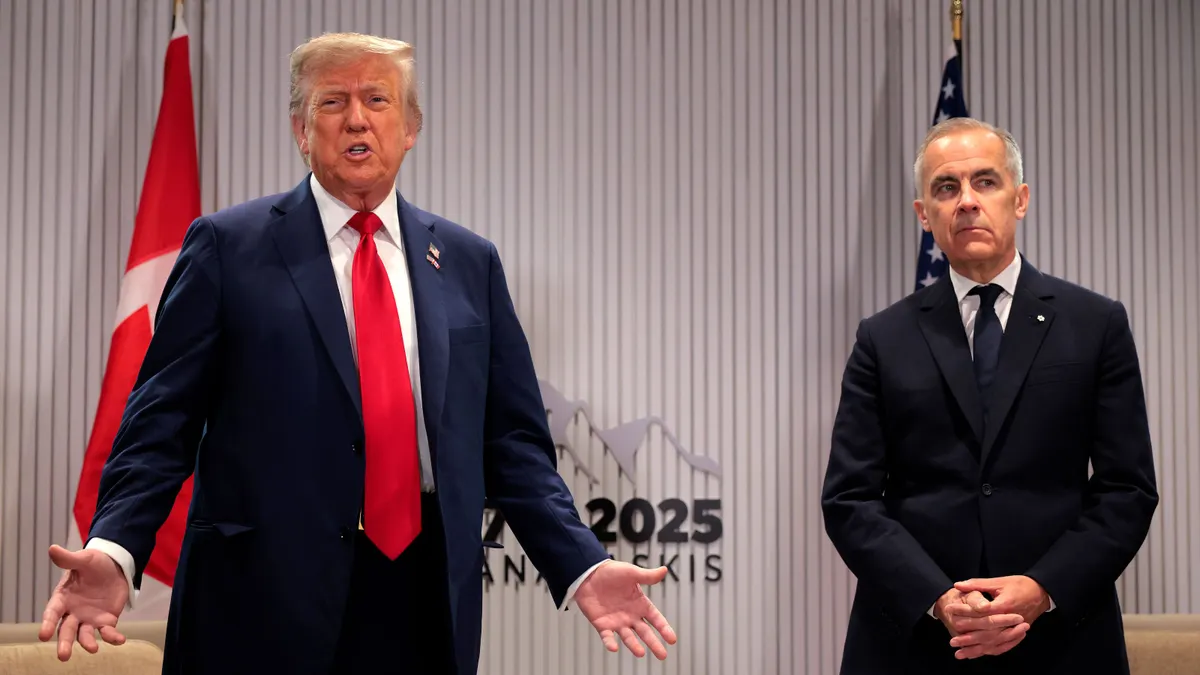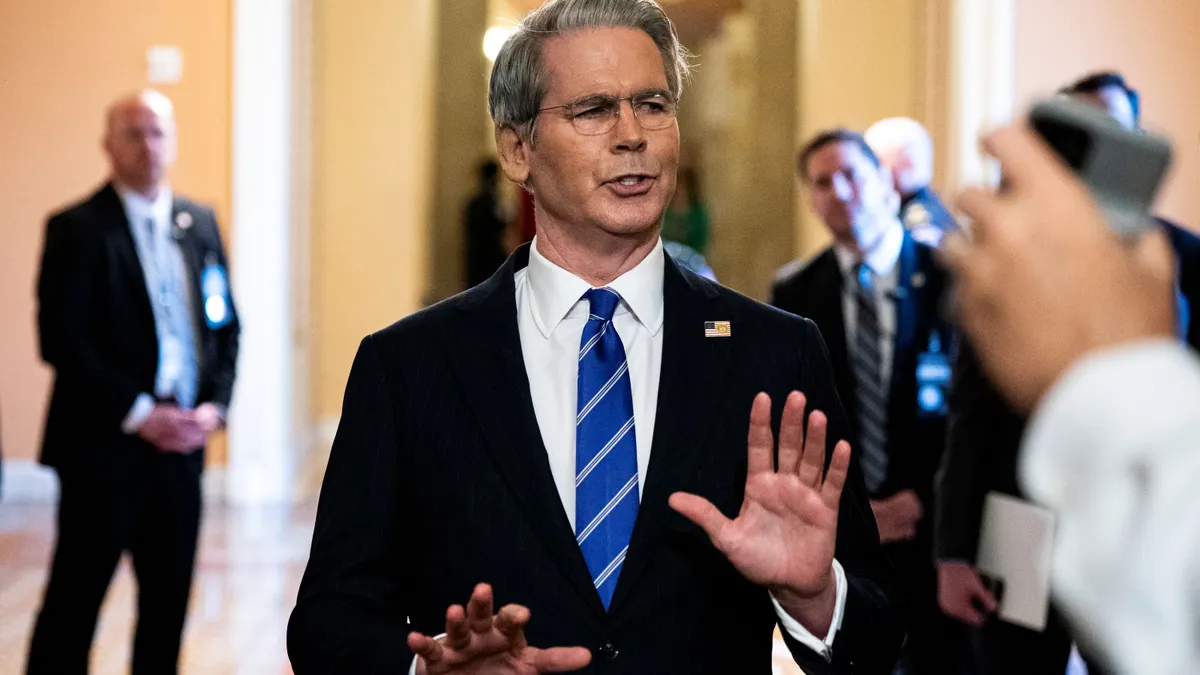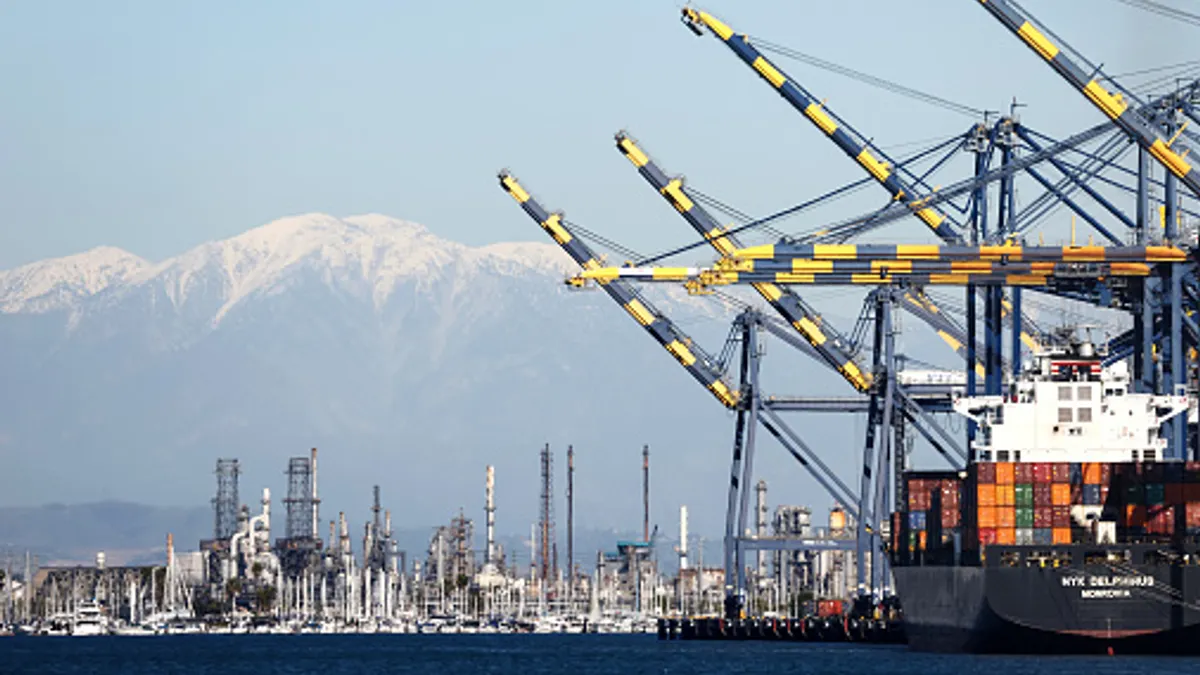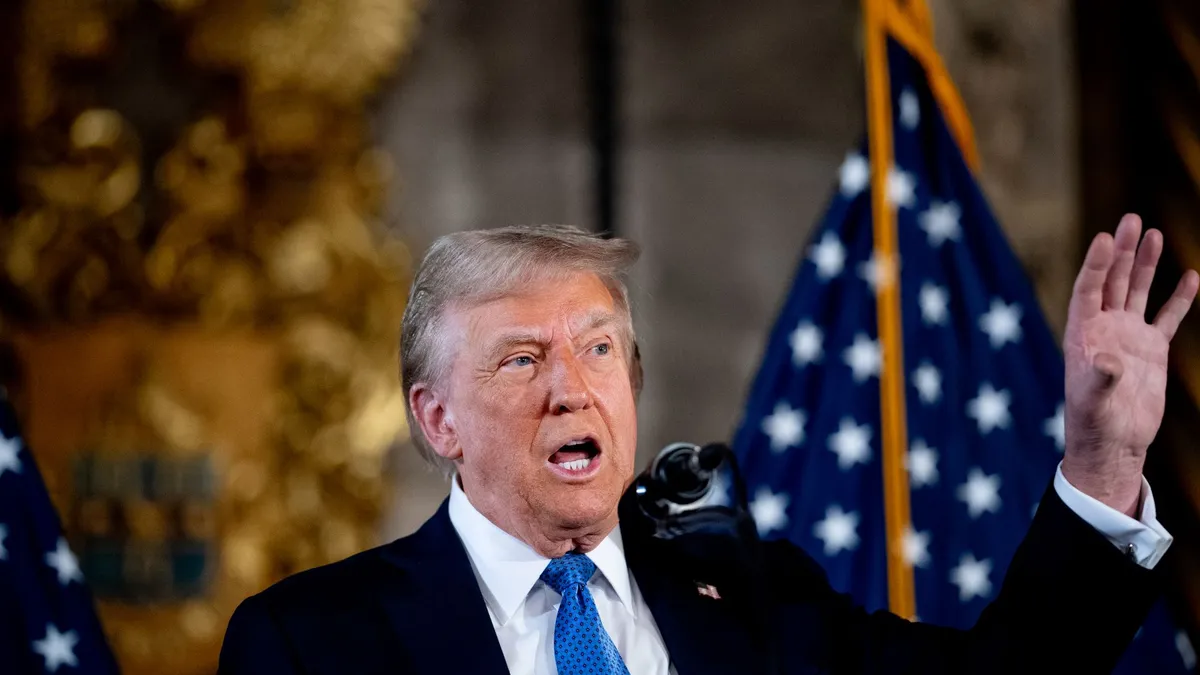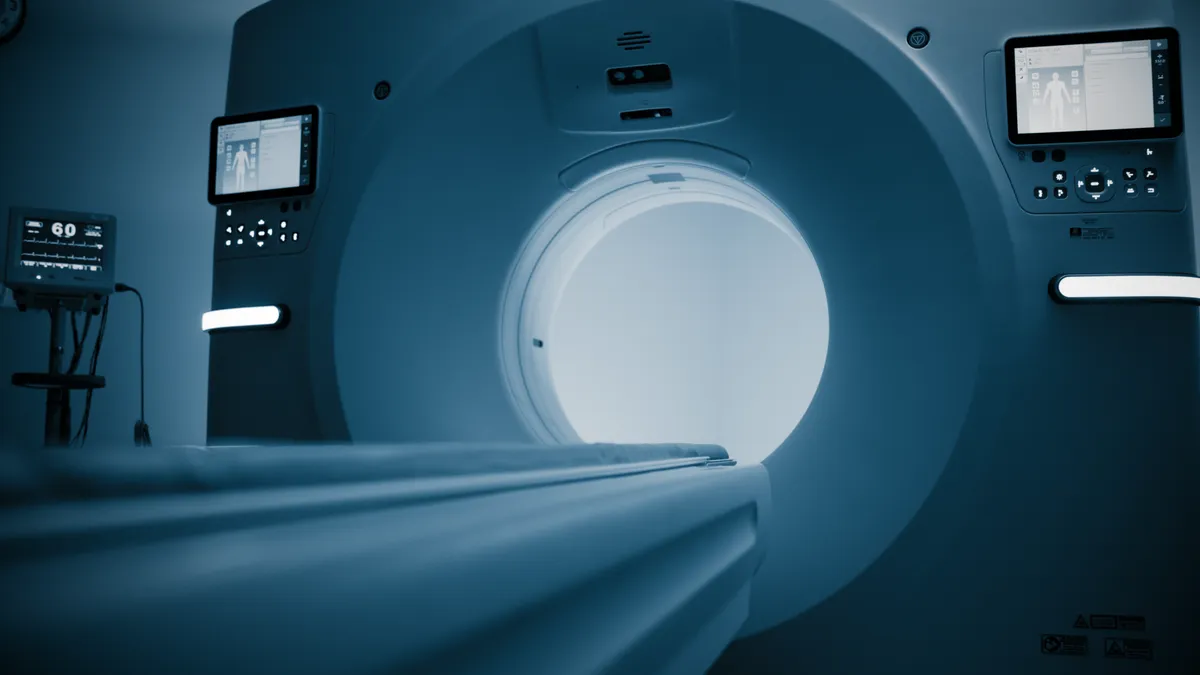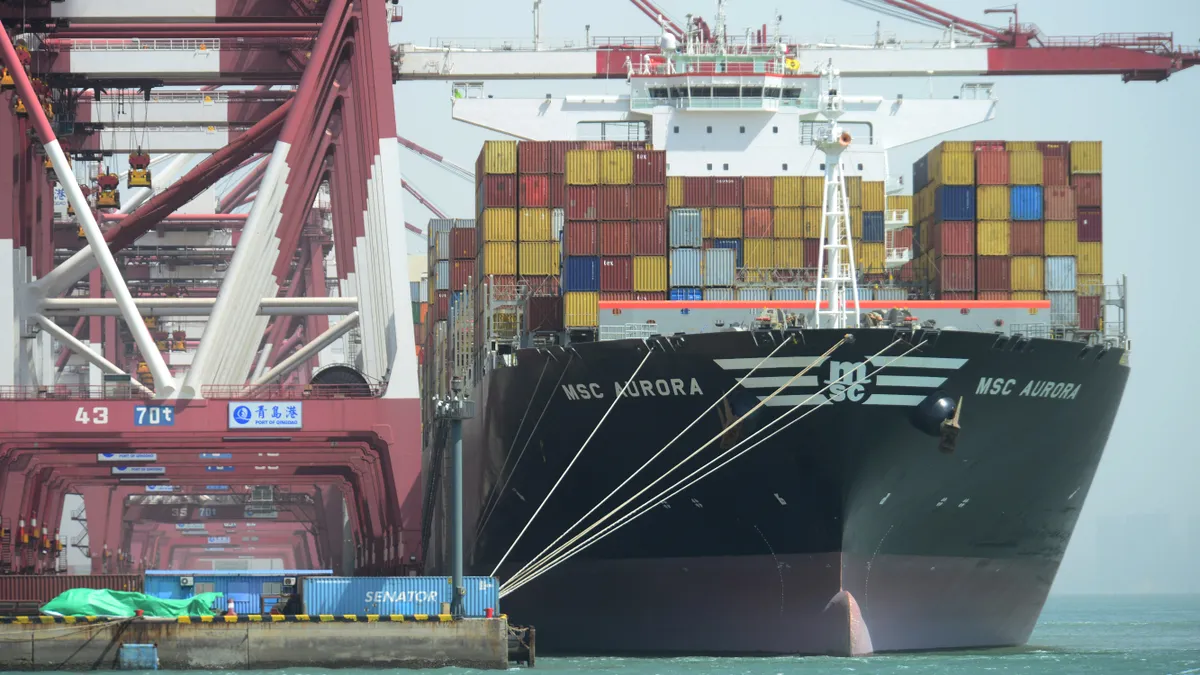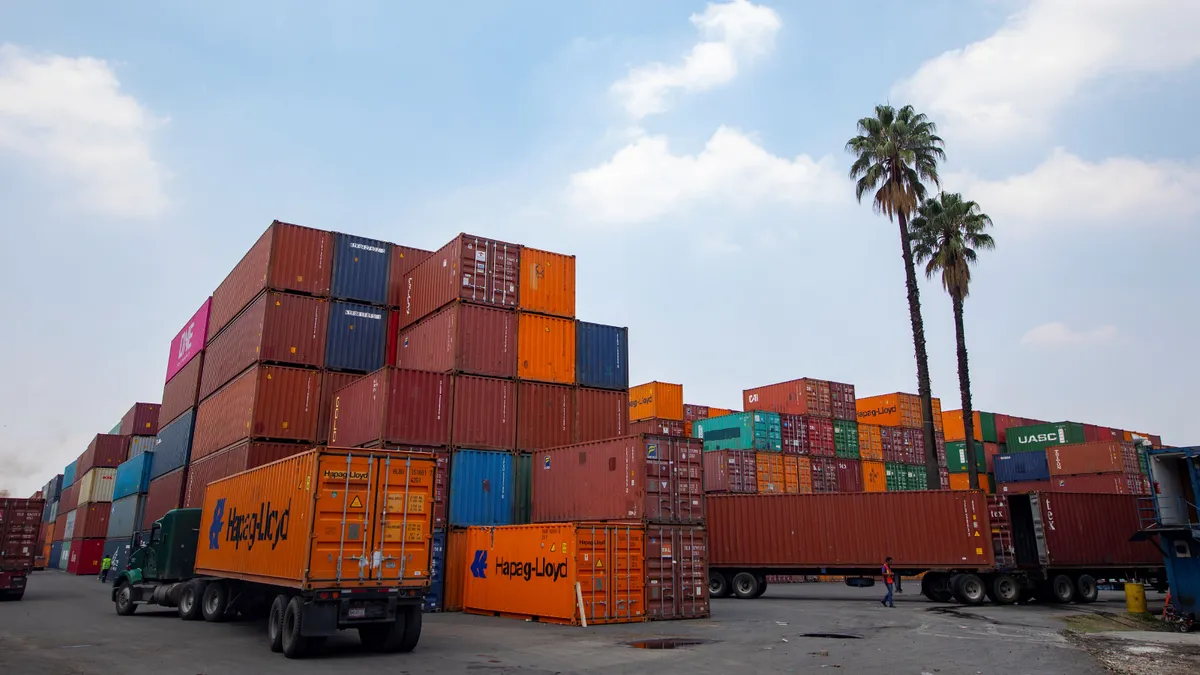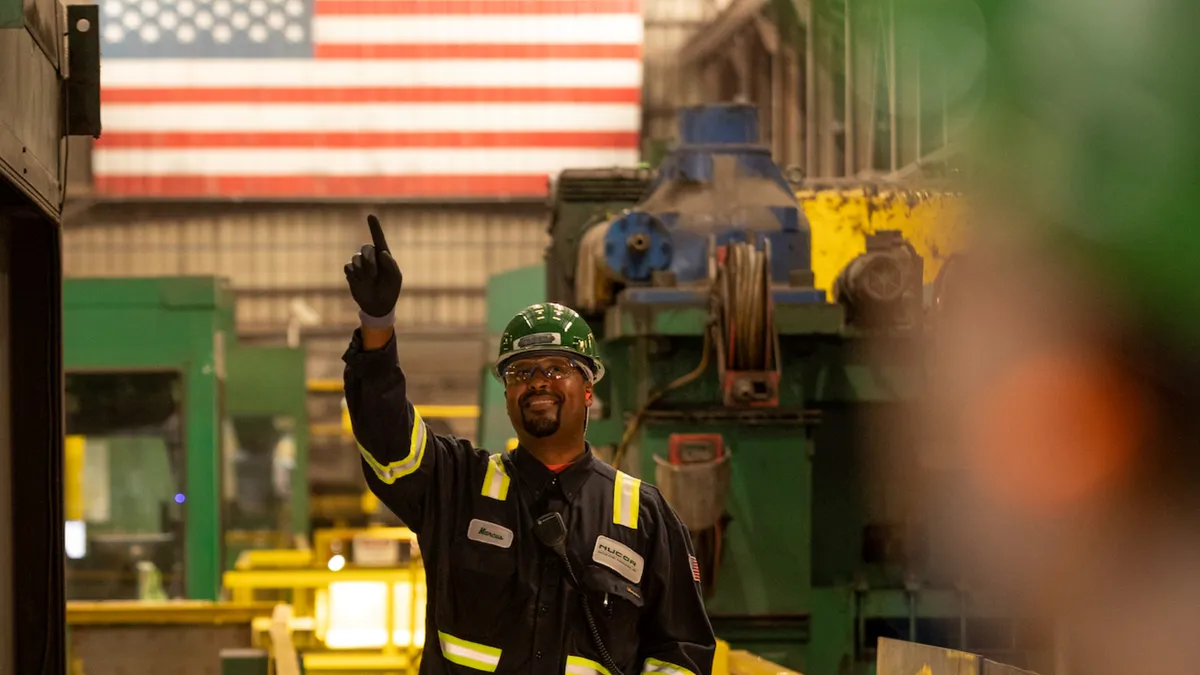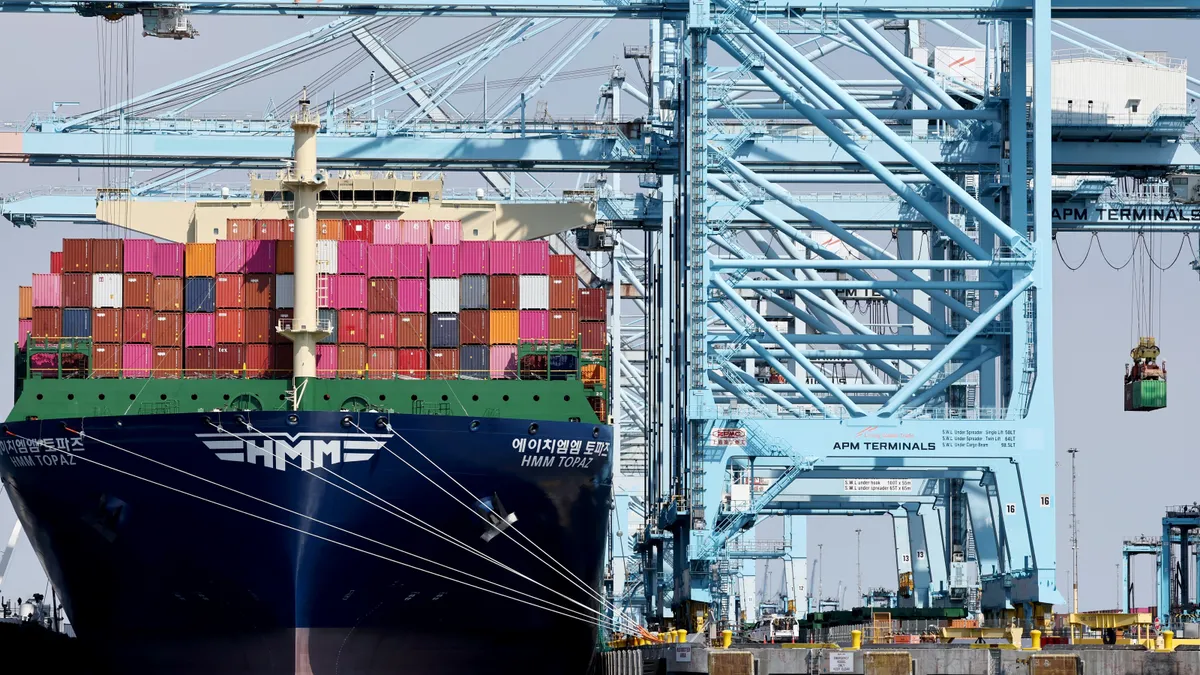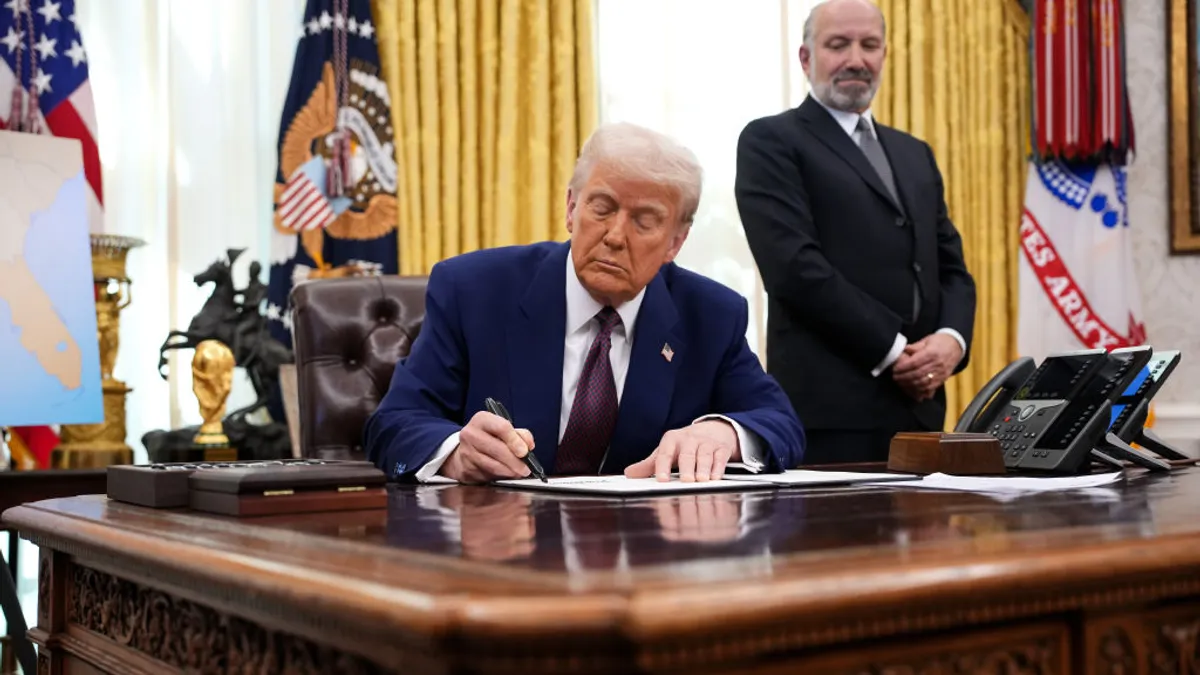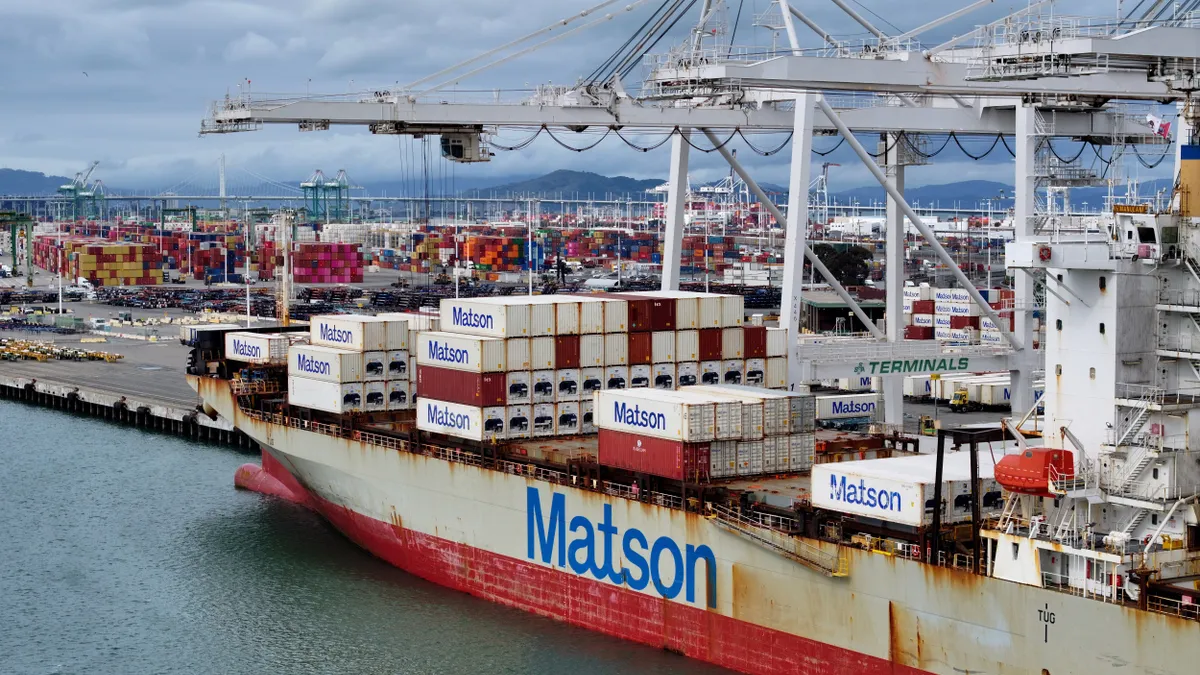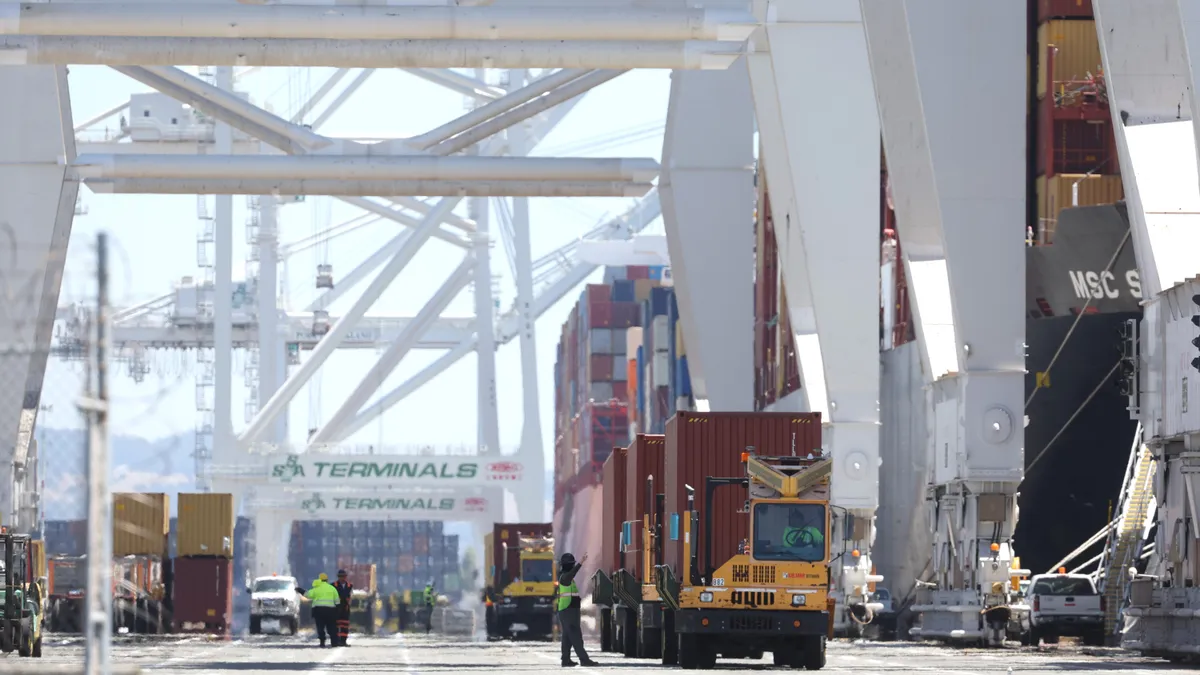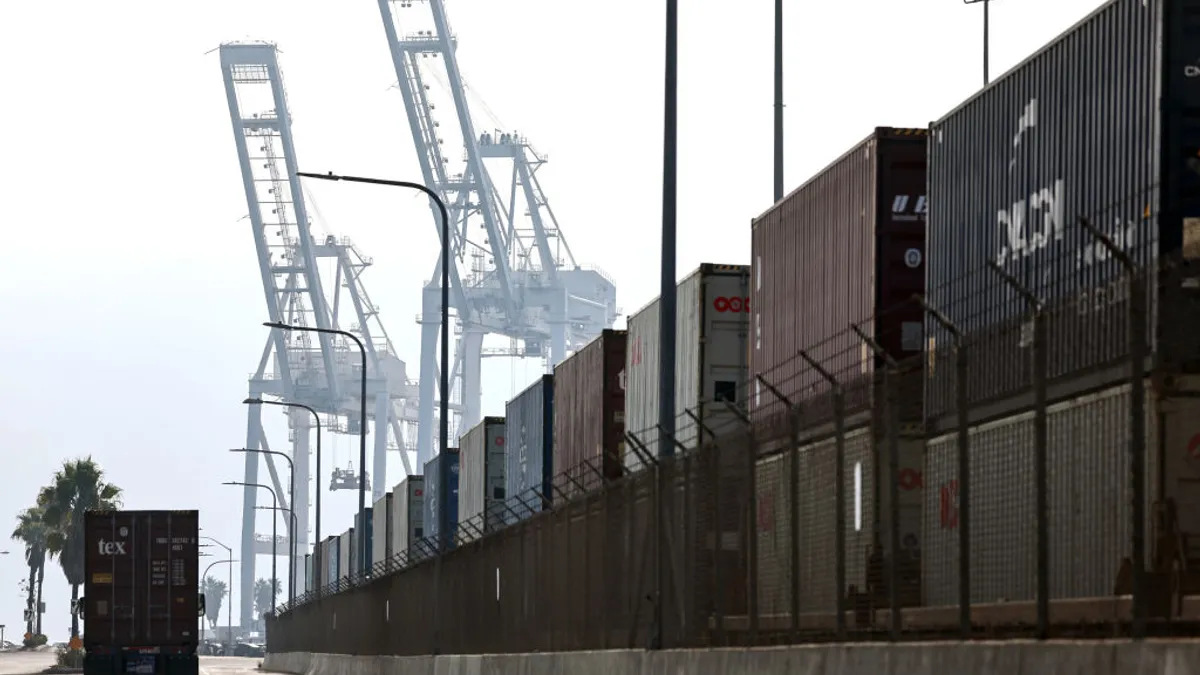AdvaMed CEO Scott Whitaker told a Senate panel Wednesday that tariffs threaten the U.S. medtech industry’s role as the “global superpower” of medical innovation and called for greater flexibility to protect its complex supply chain.
AdvaMed, one of the medtech industry’s most influential trade groups, backs President Donald Trump’s efforts to bring manufacturing back to the U.S. and fix trade imbalances, said Whitaker, who testified before the Senate Finance Committee. The industry supports the 90-day pause on most country-specific duties and the recent agreement with China to temporarily reduce tariffs.
But because medtech products can mean the difference between life and death, Whitaker said, “maximum tariff flexibility” is needed to protect the supply chain.
The U.S. industry accounts for 40% of global medtech sales, supports 3 million U.S. jobs and is the global leader in innovation, Whitaker said.
“Tariff policy, if deployed in the wrong way, could put all of that at risk,” said Whitaker. “Medtech products are mandatory, not optional.”
The medical supply chain includes many products that contain several hundred parts sourced from around the world. Shifting operations is a multi-year effort subject to regulatory requirements not seen in other industries, Whitaker said.
Hospitals purchase medical technologies through multi-year contracts, making it difficult to adjust prices quickly, if at all, he explained. The industry’s biggest customers are Medicare, Medicaid and the U.S. Department of Veterans Affairs.
“Increasing costs to these federal programs seems to me to be counterproductive,” he said.
Whitaker reiterated the group’s call for zero-for-zero reciprocal tariffs with each country in the administration’s negotiations.
“As we think about trade policy and supply chains, it’s essential that this industry is protected for humanitarian reasons, as it historically has been,” Whitaker told the senators.
Sen. Thom Tillis, R-N.C., said the COVID-19 pandemic exposed the U.S.’ reliance on China for personal protective equipment, and asked Whitaker what role Congress should play in eliminating such vulnerabilities.
While companies have made progress relocating a lot of production in North America, Whitaker said, it is easier and less costly to build facilities close to the U.S. border, with the ability to ship in supplies.
From a broader policy standpoint, a low corporate tax rate and appropriate incentives, an expedited regulatory policy and reimbursement for products built within the country are tools that can encourage relocation of production to the U.S., the CEO added.






